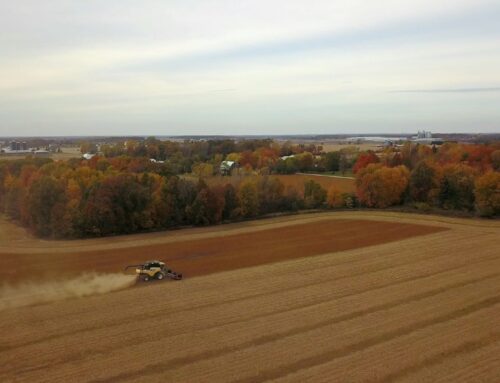Statement by Steve Ellis, president of Taxpayers for Common Sense, on the Environmental Protection Agency’s (EPA) final Renewable Fuel Standard (RFS) volumes for 2020-2022:
Today, EPA released its final RFS biofuels volumes for 2020-2022. The announcement is long overdue. The entirety of 2021 has passed, we’re five months into 2022, and EPA is just now finalizing Renewable Volume Obligations (RVOs) that were due six months ago. And that is just for 2022, not to mention prior years. It’s ridiculous on many levels.
Adding special-interest salt to the delayed wound, the announcement calls for higher biofuels consumption in 2021 and 2022 in total, as compared to proposed targets. These mandated volumes come on top of billions in duplicative tax breaks and other wasteful taxpayer subsidies. Most biofuels benefiting from federal mandates and subsidies to date have been first-generation corn ethanol and soy biodiesel. These mature biofuels fail to significantly reduce greenhouse gas (GHG) emissions while causing numerous unintended consequences. When Congress enacted the RFS, lawmakers expected a majority of biofuels by now to be derived from non-food-based advanced feedstocks such as perennial grasses and agricultural residues. But despite decades of federal support, the cellulosic biofuels industry has failed to get off the ground, sending taxpayer dollars up in flames.
Instead of more handouts, such as ethanol blender pump subsidies and additional carve-outs for higher blends of ethanol, Congress and the Administration should roll back market-distorting biofuels mandates and subsidies. Otherwise, the industry will continue to waste taxpayer dollars and cause headaches for consumers while failing to reduce climate risks.
For information on how biofuels contribute to higher fuel prices as well, please see our recent Weekly Wastebasket entitled “Pain at the Pump.” For more background on biofuels subsidies and policies in general, please see our fact sheets on the Renewable Fuel Standard and E15, in addition to joint comments sent to EPA in Feb. on the Agency’s proposed 2020-2022 biofuels volumes.











Get Social